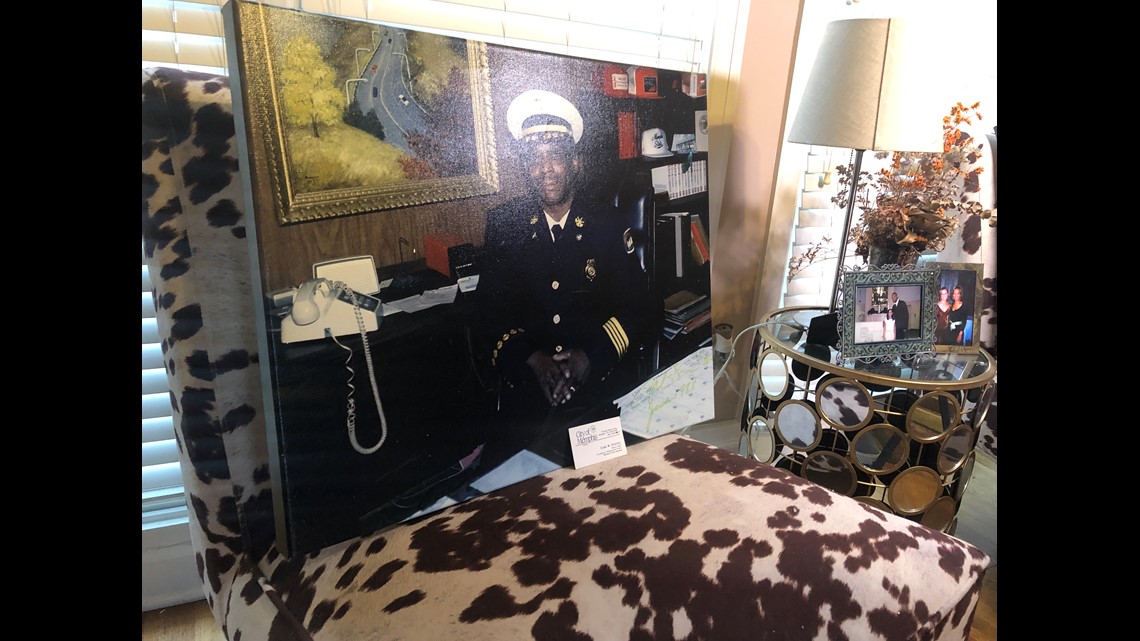
Carl Stotts was one of the first Black firefighters in Memphis. He said a Supreme Court decision carrying his name started the backlash against affirmative action.
MEMPHIS, Tenn. — Carla Jean Stotts will always remember her father as a hero in a cape.
“He’d sit and talk to people from the janitor to the CEO. It didn’t matter because he always told us you are no better than anybody else,” she said.
Her father, Carl Stotts, was one of the first 12 Black firefighters in Memphis at Fire Station Number 8 on Mississippi Boulevard in 1955, where he carried over that sense of respect and fairness.
“My house was a melting pot because firemen stick together, the good guys, the firemen, white, black they would all come to my house,” recalled Stotts.
The Black recruits worked separately from the Memphis Fire Department until 1964.
Former Fire Deputy Chief Stotts said they had to be “superior” to survive and to “overcome.”
One story Carla’s father told her stuck with her over the decades. It was when the then-Owen College caught fire. Stott’s station responded ready to save lives, but found the victims’ largest fear wasn’t the flames.
“The co-eds didn’t want the black firemen to touch them, so they jumped out the window rather than let them touch them until other fire stations came to help on the scene,” retold Carla. “So there was some tension back then.”
Stotts went from driver to lieutenant, fire investigator, captain, deputy chief and ultimately, to director of fire prevention.
But the promotion to the top after years of experience wasn’t an easy fight.
“You might go to a fire station if somebody didn’t like what they were doing, so you face some discriminatory practices which he did,” said Stotts. “That was not easy, but he was determined that was not going to deter him.”
Stotts faced discriminatory hiring practices at Memphis Fire.
He filed a class-action lawsuit resulting in a consent decree in 1980, which forced the department to promote and fairly compensate black firefighters.
In 1984, a Supreme Court decision carrying his name started the backlash against affirmative action.
“The affirmative action and the way he attacked it, he thought that everybody should have an opportunity,” she said. “He felt like people who just came to the job should not be promoted before people who had been there years before.”
One of the biggest lessons Carla learned from her father was no matter what happened yesterday, carry on.
She shared what she hopes is his lasting legacy.
“I would like my father to be remembered as the man who leveled the playing field,” she said.
